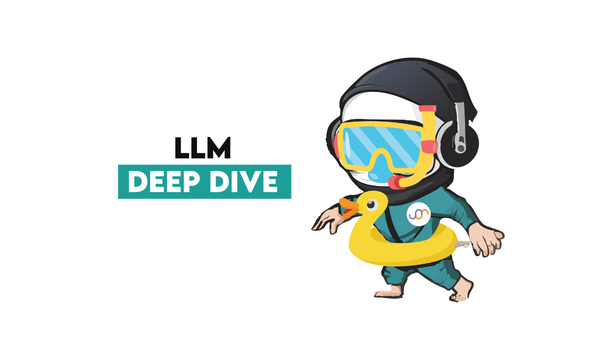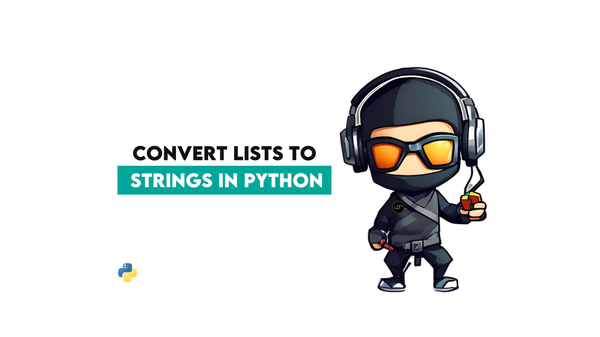Biases When Hiring For Data Science Roles

 Written by:
Written by:Nathan Rosidi
What are the biases data scientists face in hiring? These biases are sneaky, so you should know how to handle them both as a candidate and a hiring manager.
Data science hiring. A field of objectivity, right? Wrong. It is full of biases that can influence how a hiring manager sees you and whether you get a job or not.
Let's talk about hiring managers' most common biases for data science roles – spoiler alert: you, a job candidate, may have them, too. So, we’ll take a look at the biases from both perspectives.

#1: Prestige Bias
First up, we have the Prestige Bias.
It's easy to be dazzled by a resume with a résumé with a shiny PhD or an Ivy League stamp. But fancy credentials don't always equal success in the real world.
Some hiring managers automatically associate high–prestige degrees with competence. Solving business problems requires more than just fancy degrees – it's about real-world application.
How to Handle It as a Candidate: Don't over-rely on your degree, and highlight practical, real-world experience on your résumé.
How to Handle It as a Hiring Manager: Focus on asking questions about past projects and their outcomes rather than just the candidate’s academic background.
#2: The Domain Knowledge Bias
Next the Domain Knowledge Bias – the belief that business experience trumps data science credentials.
Some managers think that a candidate with business acumen will do better in data science roles, especially when it comes to simplifying problems. It's true that many business problems don't need a machine learning masterpiece – they need a solution that works. Sometimes, a good ol’ Excel chart beats a neural network.
Candidates with deep domain expertise often understand this better.
But be careful – this bias could make you overlook highly skilled data scientists who can simplify things when needed.
How to Handle It as a Candidate: Showcase examples of how you've simplified complex problems and used domain knowledge in past roles.
How to Handle It as a Hiring Manager: Ensure your interview questions test both domain understanding and technical problem-solving.
#3 Overvaluing Experience Bias
Then there's the Experience Bias – thinking that the candidate with the most years on their résumé is the better choice. But experience doesn't always mean adaptability.
Experience is valuable, sure, but in the fast-paced world of data science, the ability to learn new tools and techniques can be even more important than years spent coding in Python 2.
How to Handle It as a Candidate: Experienced candidates should show that they've kept up with new trends in the field by highlighting recent tools or techniques they've mastered. Junior candidates should emphasize adaptability and recent projects that use cutting-edge tools.
How to Handle It as a Hiring Manager: Focus on assessing how well-experienced candidates stay current with industry trends and whether junior candidates demonstrate a hunger to learn and adapt quickly; prioritize growth potential over years of experience alone.
#4 The Fancy Tool Bias
Next, we have the Fancy Tool Bias – where hiring managers get overly excited about candidates who've worked with the latest and greatest tools. But remember, it's not about whether you've mastered Spark and Databricks; it's about how you use the tools to solve real-world problems.
Obsessing over tools like Spark can be a red flag. The real skill is in knowing when to use – or not use – the right tool.
How to Handle It as a Candidate: Mention only a few foundational tools, like PySpark or Snowflake, and focus on explaining how you use them to drive impact.
How to Handle It as a Hiring Manager: Prioritize understanding the candidate’s problem-solving approach over their tool expertise.
#5: Bias Against Enthusiasm
And then we have Bias Against Enthusiasm – the belief that an enthusiastic candidate lacks the depth for critical thinking.
Some hiring managers see an upbeat personality and immediately assume they're not serious enough for the job.
But enthusiasm often means curiosity and a willingness to learn – traits that can be game changers in data science. You don't really have to (always) be a miserable cynic to be a data scientist.
How to Handle It as a Candidate: Balance your enthusiasm with examples of deep thinking and problem-solving.
How to Handle It as a Hiring Manager: Challenge enthusiastic candidates with a case study to see how well they apply their passion to real problems.
#6: The "Software Engineer or Bust" Bias
Here's a tough one: the “Software Engineer or Bust” Bias.
Some managers expect data scientists to also be great software engineers. In reality, data science is a specialized skill, and not every data scientist needs to be a deployment expert.
Yes, shipping code is important, but finding insights from data is what you hired a data scientist for in the first place, right?
How to Handle It as a Candidate: Focus on your core skills but be transparent about your limitations in software engineering.
How to Handle It as a Hiring Manager: Decide if you need a hybrid role or just a strong data scientist who can collaborate with engineers.
#7: Project Portfolio Bias
Ever seen a résumé with 20 different projects listed, only to find out half of them are capstone projects from online courses or cloned GitHub repos?
That's Project Portfolio Bias – placing too much weight on the number of projects without checking their depth.
It's not the quantity of projects that counts; it's the quality. So make sure you're looking beyond just the number.
How to Handle It as a Candidate: Showcase a few well-rounded projects with real-world impact.
How to Handle It as a Hiring Manager: Focus on the outcomes of projects and ask about the candidate’s specific role in each one.
Conclusion
At the end of the day, hiring biases can be sneaky, even in the data science world. But being aware of them is the first step toward building a team that's not only skilled, but also diverse in thought and approach.
Share


